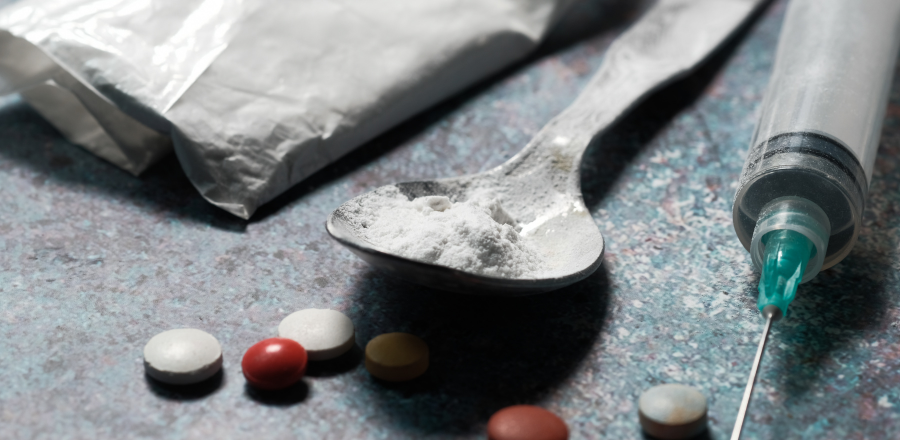Drug-related death rates trebled over 10 years among people with opioid dependence in Scotland

Drug-related death (DRD) rates among people who were dependent on opioids in Scotland more than trebled between 2011 and 2020, new research led by Glasgow Caledonian University has found.
In one of the largest studies of its kind ever conducted, involving almost 50,000 people over 10 years – representing the majority of people who are opioid dependent in Scotland - researchers found strong evidence of the protective effect of drug treatment as DRD rates were three and a half time higher for those not in treatment.
Dr Andrew McAuley, a Reader in Public Health in the School of Health and Life Sciences’ Research Centre for Health (ReaCH) and Principal Investigator on the study, said: “This was one of the largest studies of its kind ever conducted, covering a period where Scotland's DRD rates had reached globally high levels and been labelled a 'public health emergency'.
“We found that DRD rates among people prescribed opioid-agonist therapy (OAT) in Scotland more than trebled between 2011 and 2020 and are among the highest ever recorded.
“Our results confirmed the protective effect of OAT, with DRD rates almost three and a half times higher among those who were not in treatment.
“However, unlike in many other countries, we found that DRD risk for people on OAT also increased over time, highlighting that OAT on its own is not enough to address Scotland's DRD epidemic and other interventions, such as take-home naloxone, drug consumption rooms and drug checking services, are necessary. Addressing the socioeconomic inequalities which are driving drug dependence should also be prioritised.
“Finally, we found that DRD rates increased over time across all age-groups, supporting evidence that the increase in DRDs in Scotland is not mainly due to an ageing cohort.”
The study involved experts from Public Health Scotland, University of Bristol, Scottish Drugs Forum, Glasgow Alcohol and Drug Recovery Services and a number of other researchers from Glasgow Caledonian’s ReaCH.
University of Bristol Medical School Professor in Public Health and Epidemiology and study co-author Matthew Hickman said: “This study is a very important contributor to the global evidence on the prevention of drug-related deaths.
“Compared to other countries and global reviews, Scotland is both at the upper end of community levels of drug-related mortality and he protective effect of drug treatment in reducing mortality risk. A critical next step is to estimate how many lives have been saved by current interventions in Scotland to inform public and policy debate on what other interventions are required to reverse trends in drug-related deaths.”
The research paper entitled Mortality among individuals prescribed opioid-agonist therapy in Scotland, 2011-2020: a national retrospective cohort study has been published in The Lancet Public Health.
